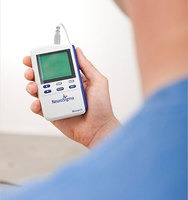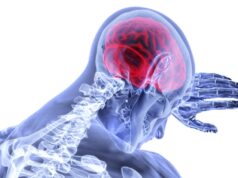
The Monarch eTNS system has been granted CE mark approval as a treatment for treatment for Attention-Deficit/Hyperactivity Disorder (ADHD) in adults and children age 7 and older. According to NeuroSigma, this is the first CE mark approval for a non-drug treatment of ADHD in the European Union.
“In research conducted at the University of California, Los Angeles(UCLA), eTNS was well accepted by children and their parents, and produced significant improvements in the behavioural symptoms of ADHD as well as in cognition,” says Ian A. Cook, NeuroSigma’s chief medical officer. “eTNS is non-invasive, can be administered at home, and has none of the serious side effects of the stimulant medications that are currently being used to treat ADHD.”
Currently, a 90-subject double-blind trial of eTNS for ADHD is being conducted at UCLA with funding from the US National Institutes of Health. The trial is led by James McGough, professor of Clinical Psychiatry at UCLA. “I am excited and encouraged that we found a significant improvement in ADHD symptoms with eTNS in our Phase I open-label trial, and am eager to complete the current double-blind trial,” says McGough.
The Monarch eTNS system is composed of a cell-phone sized pulse generator and a single-use electric patch that is applied to the forehead. Signals are transmitted through lead wires to the patch in order to stimulate the trigeminal nerve. Patients may self-administer the Monarch eTNS system at home and typically use the device while sleeping.









